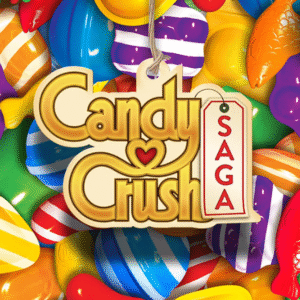An Unlikely Admiration: Why a Man Who Hates Horror Still Wants a New P.T.
Popular Now
 Black Myth: Wukong
Black Myth: Wukong
 Geometry Dash
Geometry Dash
 NBA 2K24
NBA 2K24
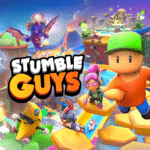 Stumble Guys
Stumble Guys
 God of War Ragnarök
God of War Ragnarök
 PUBG Mobile
PUBG Mobile
 Free Fire Max
Free Fire Max
 Valorant
Valorant
 Gacha Club
Gacha Club
 Sonic the Hedgehog™ Classic
Sonic the Hedgehog™ Classic
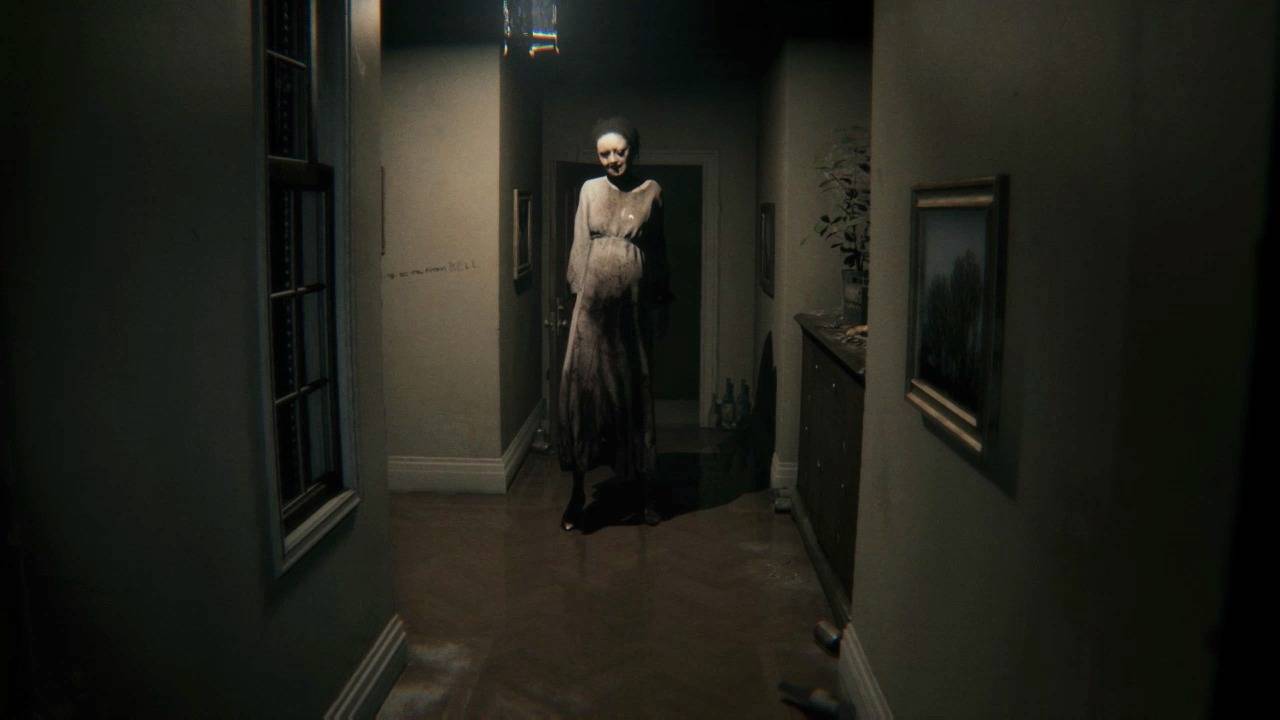
In the world of video game development, few figures are as influential and as opinionated as Hideki Kamiya. The mind behind iconic action titles like Devil May Cry and Bayonetta, Kamiya’s career is marked by a unique blend of stylish combat, over-the-top characters, and a distinct lack of fear. It’s a surprising fact, then, that one of his most celebrated directorial works is the survival horror masterpiece, Resident Evil 2. This irony has been a running gag in the gaming community, and in a recent social media exchange, Kamiya leaned into it, confessing, “I hate horror.” However, his admission was quickly followed by a public plea to a fellow industry legend: Hideo Kojima. Kamiya stated that if it is “impossible to resurrect P.T.,” Kojima should “make a new game in the same style,” even going so far as to say that if Kojima won’t, “maybe I’ll give it a go,” despite his aversion to the genre.
The sentiment is a testament to the lasting impact of P.T., the playable teaser for the now-canceled Silent Hills. Despite being a short, self-contained demo, P.T. redefined the horror genre, influencing a generation of developers with its brilliant use of a looping, claustrophobic hallway, a menacing ghost, and a deep, psychological sense of dread. For a director like Kamiya, who has spent his career creating games that are about empowerment and agency, his praise for a game that is built on the exact opposite principles is a powerful statement. It speaks to the raw, visceral power of Kojima’s vision and the creative void that its cancellation left in the industry.
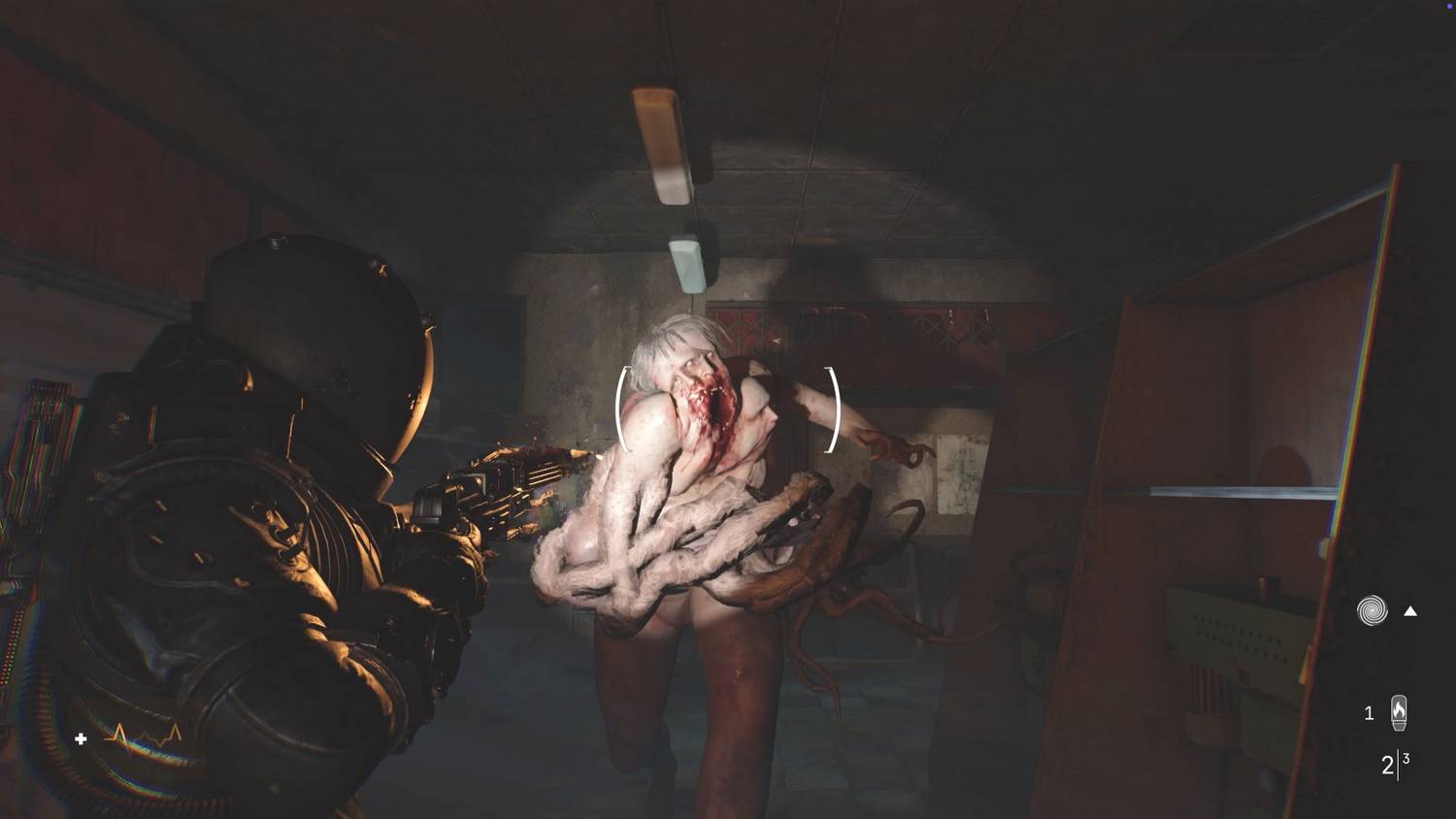 The Legacy of a Looping Corridor
The Legacy of a Looping Corridor
Kamiya’s admiration for P.T. is not new. In the past, he has openly praised the demo, calling it “unparalleled” and “hugely influential.” He even went so far as to say that the new wave of “8-like” horror games, which are inspired by the recent viral hit The Exit 8, should really be called “P.T.-like,” a testament to the demo’s profound influence on the genre. What Kamiya and others found so compelling about P.T. was its ability to create a sense of fear without relying on jump scares and gore. The horror came from the atmosphere, the sound design, the subtle changes in the environment, and the feeling of being trapped in a psychological prison. This is a very different kind of horror from the more action-oriented survival horror that Kamiya himself helped popularize with Resident Evil 2.
- Psychological Terror: P.T.’s brilliance lay in its ability to get under your skin. The horror was not in what you saw, but in what you thought you saw. The looping corridor, with its subtle and terrifying changes, was a masterclass in psychological manipulation.
- A New Kind of Interactivity: The demo’s puzzles, which were famously obtuse and required community collaboration to solve, were a unique and engaging way to deliver a narrative. It turned the game into a shared, real-world mystery that players had to work together to solve.
- The Unfulfilled Promise: The cancellation of Silent Hills and the delisting of P.T. from the PlayStation Store created a massive, unfulfilled demand for more. It is this lingering desire that has fueled a generation of fan-made clones and left a huge hole in the horror genre that no other game has managed to fill.
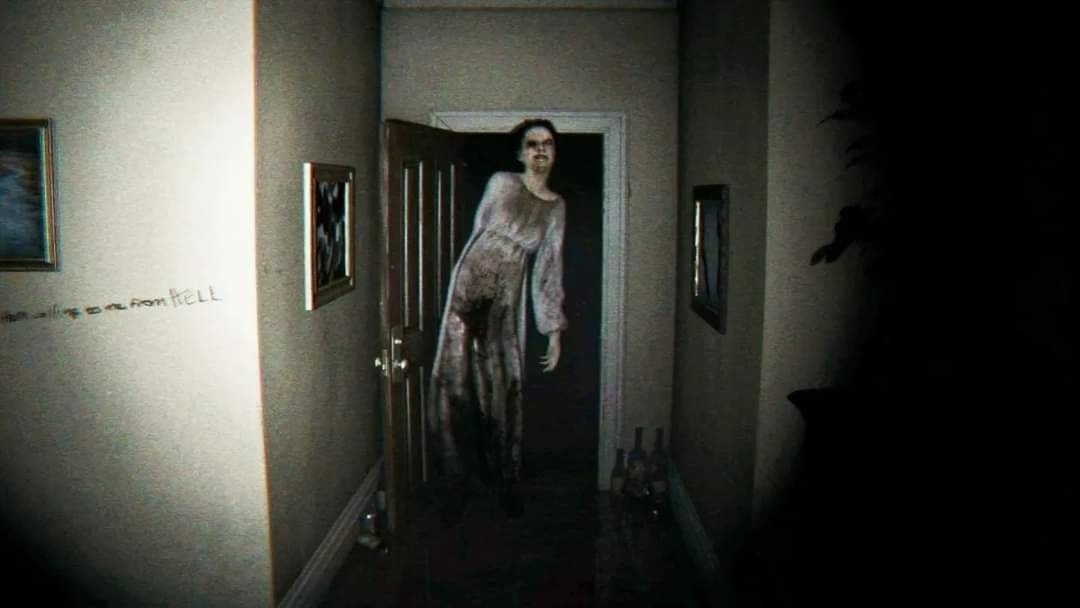 A Hopeful Collaboration: A Game That Won’t Be Horror
A Hopeful Collaboration: A Game That Won’t Be Horror
Kamiya’s recent comments, while partly a joke, reveal a genuine interest in the creative potential of a game in the “style” of P.T., even if it’s not a horror game. He jokingly added that if he were to make a game in that style, it would “not be horror” and that he would have “no ideas,” a tongue-in-cheek nod to his playful public persona. But the sentiment is clear: the core ideas of P.T.—a single, repeating environment, a focus on atmosphere and subtle changes, and a strong sense of mystery—are ripe for exploration in other genres. A non-horror P.T.-like game could be a puzzle game, a mystery game, or even a narrative-driven experience. The possibilities are endless, and Kamiya believes that if anyone can deliver on that promise, it is Hideo Kojima, whose upcoming horror title, OD, is already generating a great deal of speculation and hope that it will fill the P.T.-shaped void in the industry.
In conclusion, the unlikeliest of praises for a horror game has come from the man who helped define the action genre. Hideki Kamiya’s respect for the artistry of P.T., despite his professed dislike for horror, is a testament to the demo’s enduring legacy. It’s a a reminder that truly great games transcend their genres and can inspire even the most unlikely of creative minds. While it’s unlikely that Kamiya will ever make a horror game again, his call to action for Hideo Kojima is a voice for a community that is still hoping for a return to the kind of brilliant, terrifying, and innovative experiences that only a master like Kojima can create.



